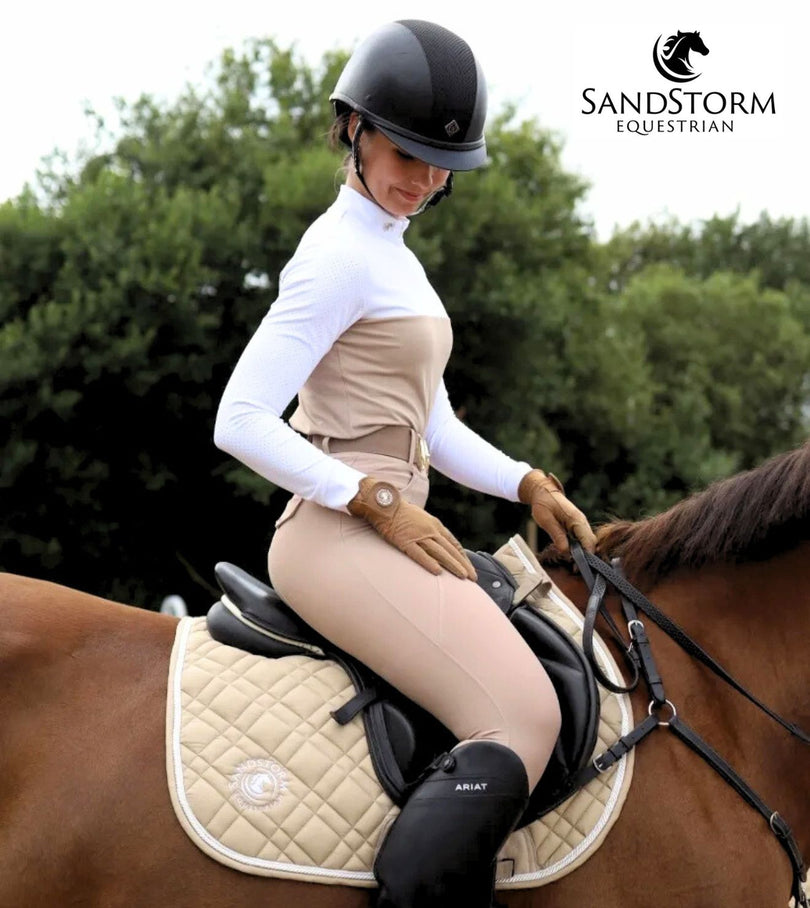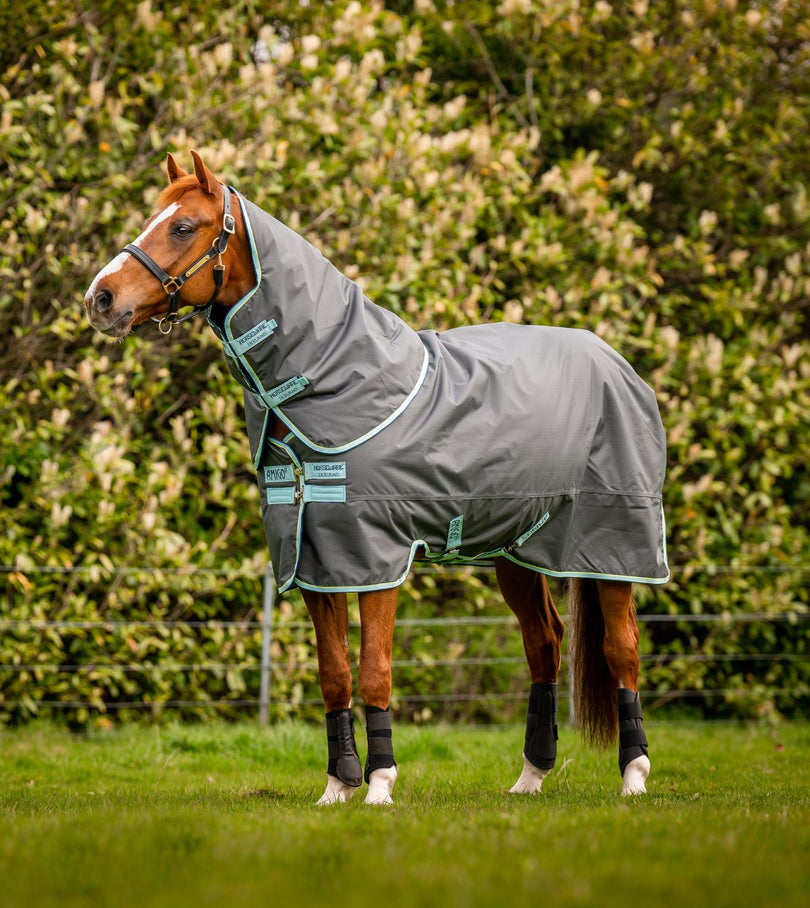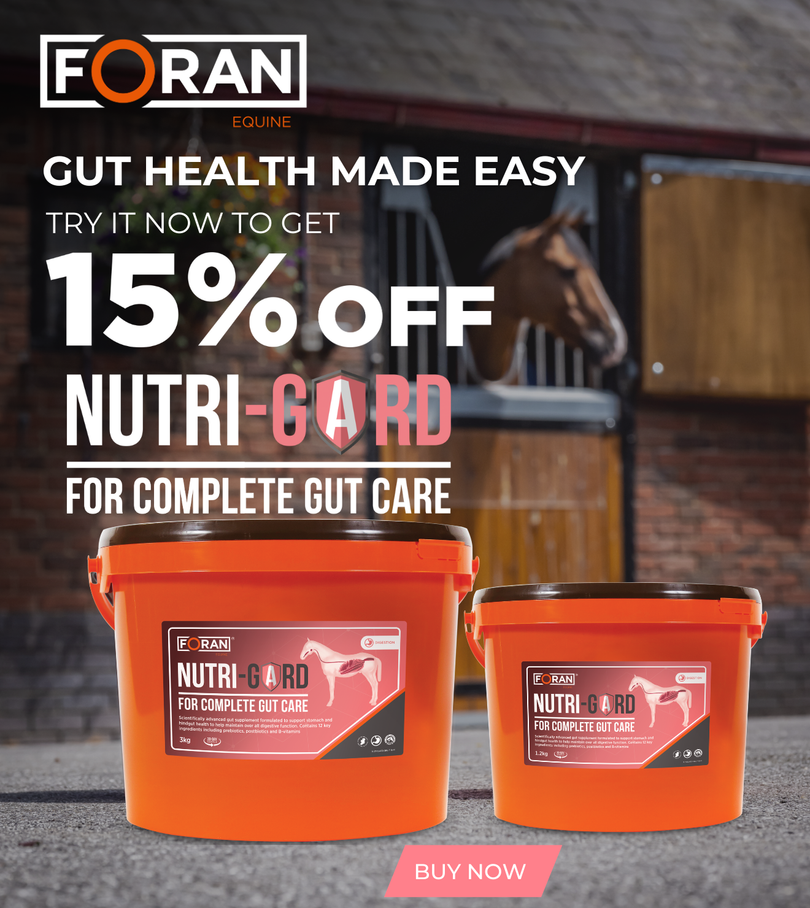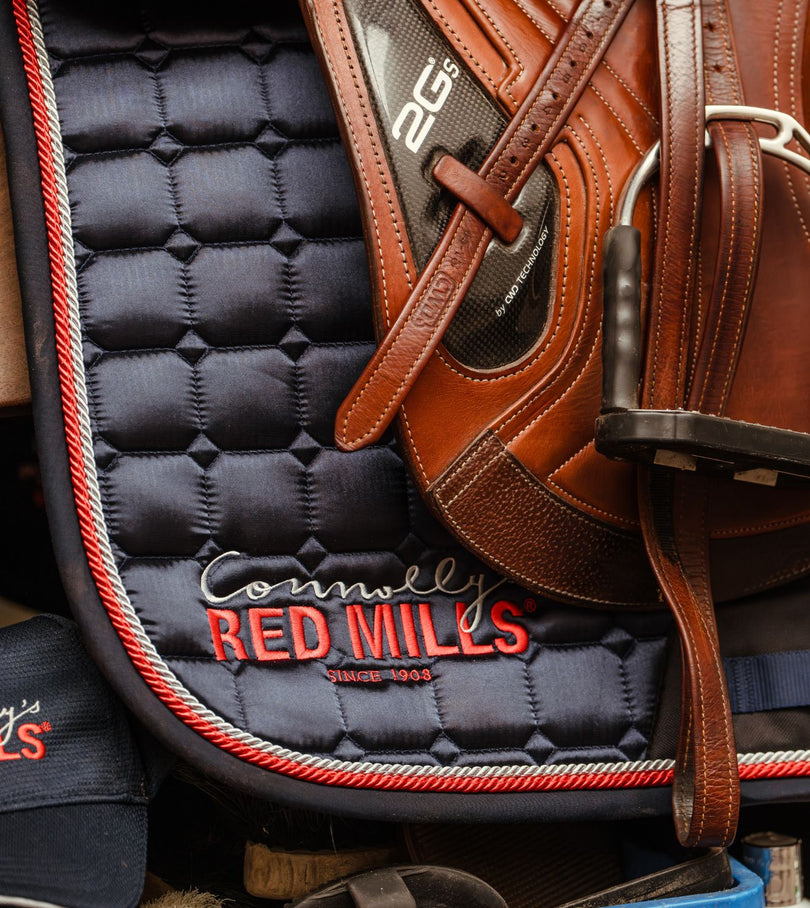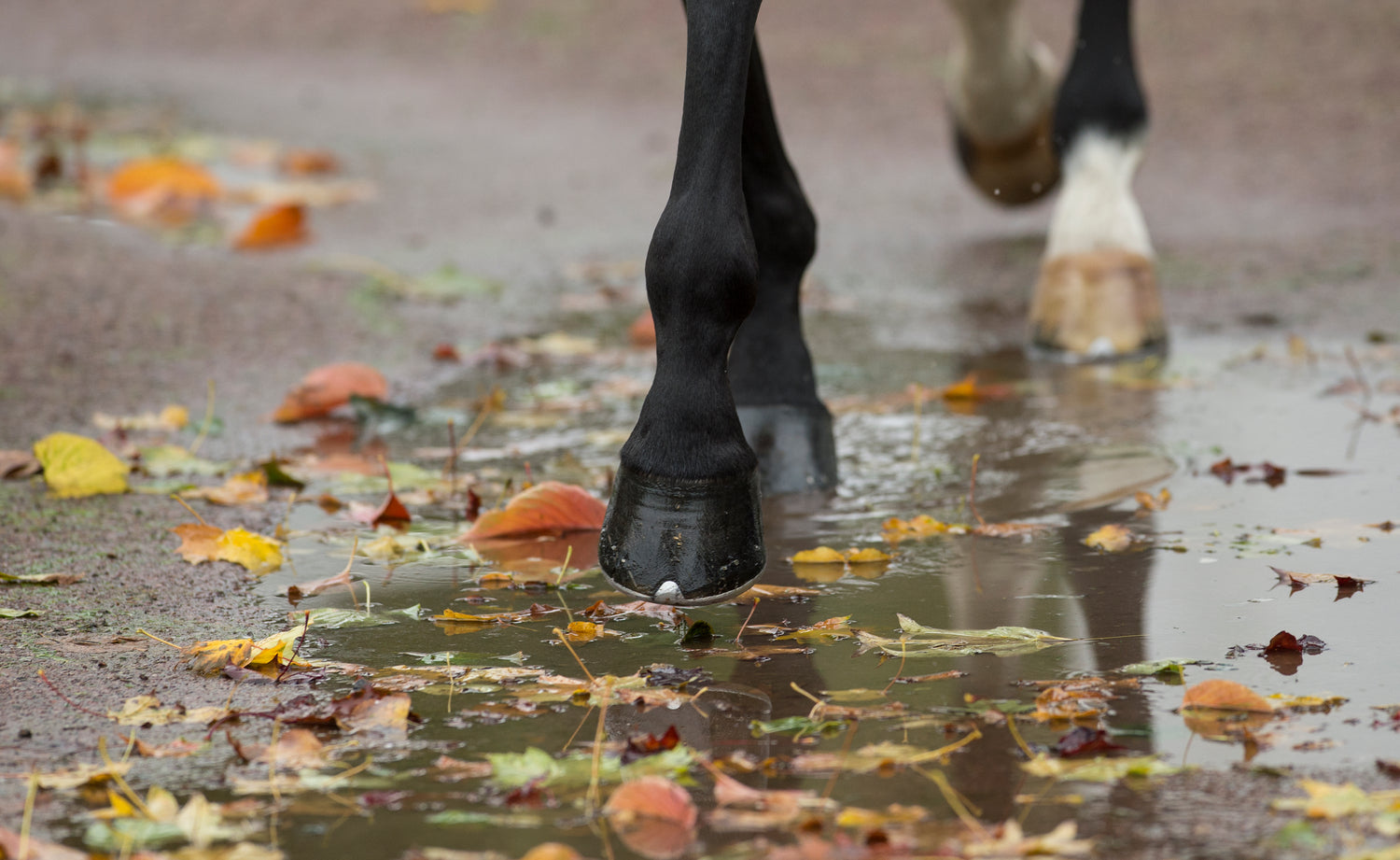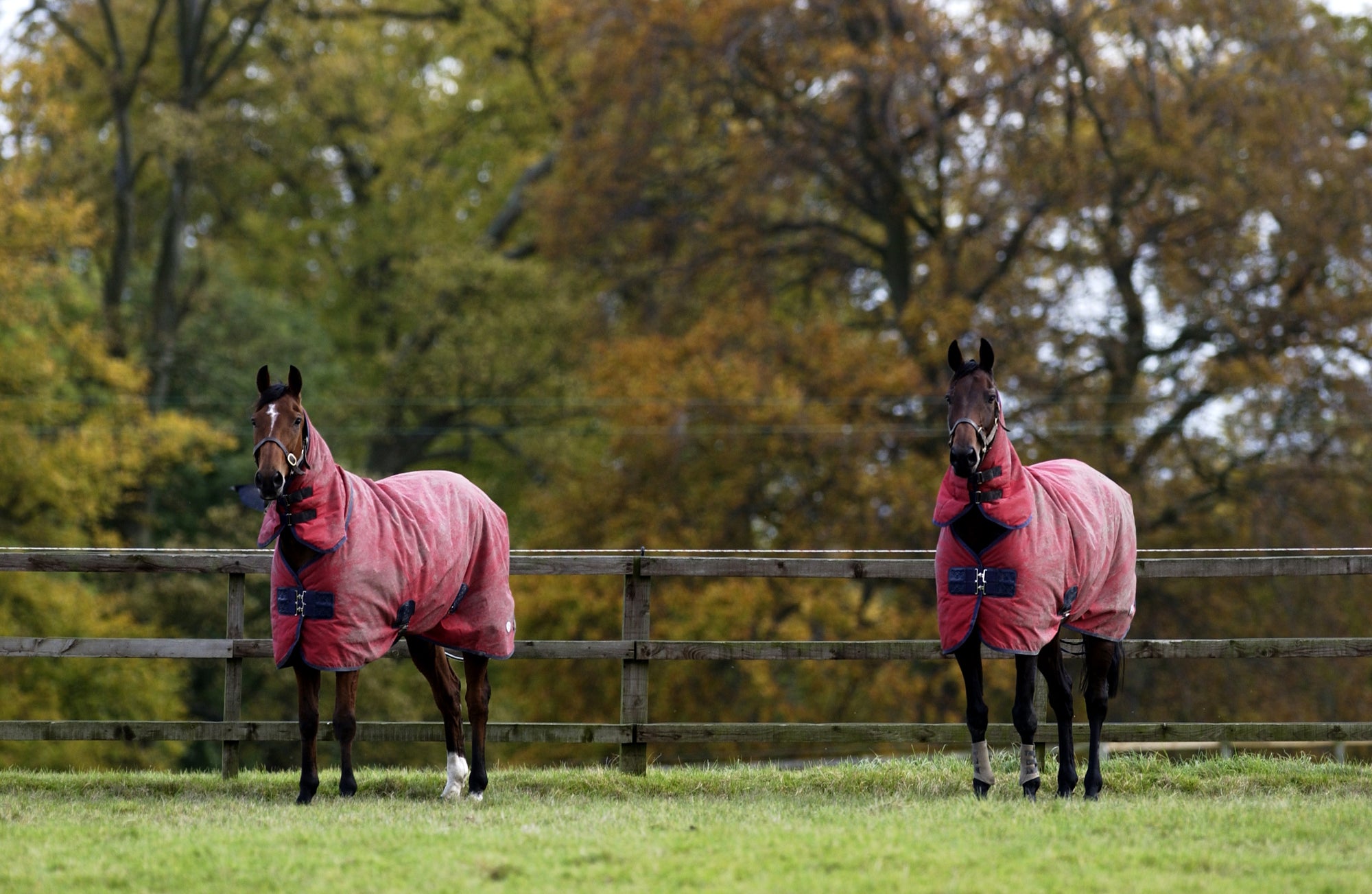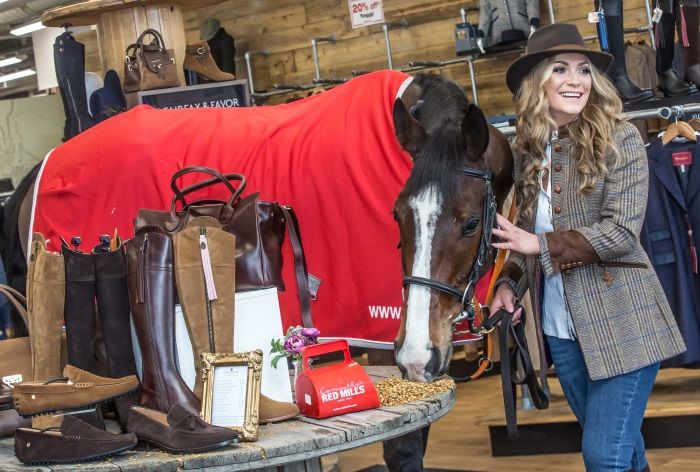Many factors can affect hoof growth, such as nutrition, health, exercise, genetics, environment, and farriery. Nutrition plays a hugely important role in hoof quality. Promoting hoof wall growth, integrity of the hoof tissues and maintaining structural integrity of the foot come from a diet that is well-balanced and meets the horse’s requirements for all nutrients. The horse’s feet are a sensitive indicator of overall nutrition.
As the hoof is being worn away it must be constantly replaced. A normal adult horse’s hoof wall grows at a rate of approximately 6-10mm per month. If there is a nutrient deficiency the hoof grows at a slower rate and the horn produced will be weaker and of a poorer quality. It’s important that all key nutrients are present in the correct amounts.
If the horse is lacking in one or more of the nutrients, hoof quality and growth will be compromised. Nutritional influences that affect hoof growth include:
- Minerals such as zinc and calcium
- Vitamins such as biotin and vitamin A
- Energy intake
- Protein and amino acid intake and metabolism
- Fat
Feeding for hoof health
If your horse has good quality, strong, healthy hooves this is a sign that they are receiving a well-balanced dietary intake. Forage alone, particularly conserved forage, will not provide the horse with optimal levels of several minerals essential for hoof health.
If nutrition is suspected as being the cause of a hoof problem, it is advisable to consult a nutritionist who can assess the complete diet and analyse the forage. A fine balance exists in mineral supplementation; over supplementing on certain minerals can be as harmful as under supplementing.
Foran Equine Hoof Aid Liquid or Powder, supplements contain nutritionally significant levels of biotin, zinc and methionine to correctly balance the diet, targeting the common deficiencies associated with poor hoof growth.

All Connolly’s RED MILLS feeds contain high quality protein, rich in methionine to aid keratin formation and hoof strength. In addition, the RED MILLS Pro Vitamin and Mineral package will ensure your horse receives optimal levels of vitamins and minerals. All Connolly’s RED MILLS feeds also contain added biotin at levels sufficient for most horses. For horses with thin, brittle hoof walls or thin, sensitive soles, we recommended the Connolly’s RED MILLS Care Range. All the feeds in the Care Range are specifically formulated to help support hoof health and contain nutritionally significant levels of biotin, plus chelated zinc and copper to help enhance hoof growth, strength and condition.
Improvements in hoof growth and quality should be apparent in around 2-3 months. However, it is important to bear in mind that it can take 9-12 months for a completely new hoof to grow and, for those horses genetically prone to poor hoof condition, long-term dietary support and the application of topical products will be necessary to maintain hoof quality.
Hoof hygiene
Alongside optimal nutrition, it is important to practice good hoof hygiene. Without clean dry living conditions and regular visits from a qualified farrier, hoof condition can deteriorate quickly. Whether your horse is managed barefoot or wearing shoes, their feet should be picked out daily to remove any build-up of dirt, bedding, stones, or foreign objects. Carrying out this task daily also allows you to spot any potential issues early and address them accordingly.
Whilst nutrition can help with the growth of new horn, the hoof horn from the coronet down is actually dead tissue. Once the horn grows beyond the coronary band it is therefore the environment and the management of it that influences hoof health.

Topical products, such as Foran Equine’s Flexi Hoof and Heel Conditioner, can help to promote and maintain hoof health when used regularly. Flexi Hoof and Heel Conditioner Cream aids with maintaining moisture to the origin of hoof growth the coronary band, promoting hoof flexibility and shock absorbance. Regular use of Flexi Hoof and Heel Conditioner Cream ensures maximum hoof growth, suppleness and strength while conditioning and improving the health of the whole hoof, sole, frog and heel.
If you’ve got any queries about feeding for hoof health, get in touch with our nutritionists.







